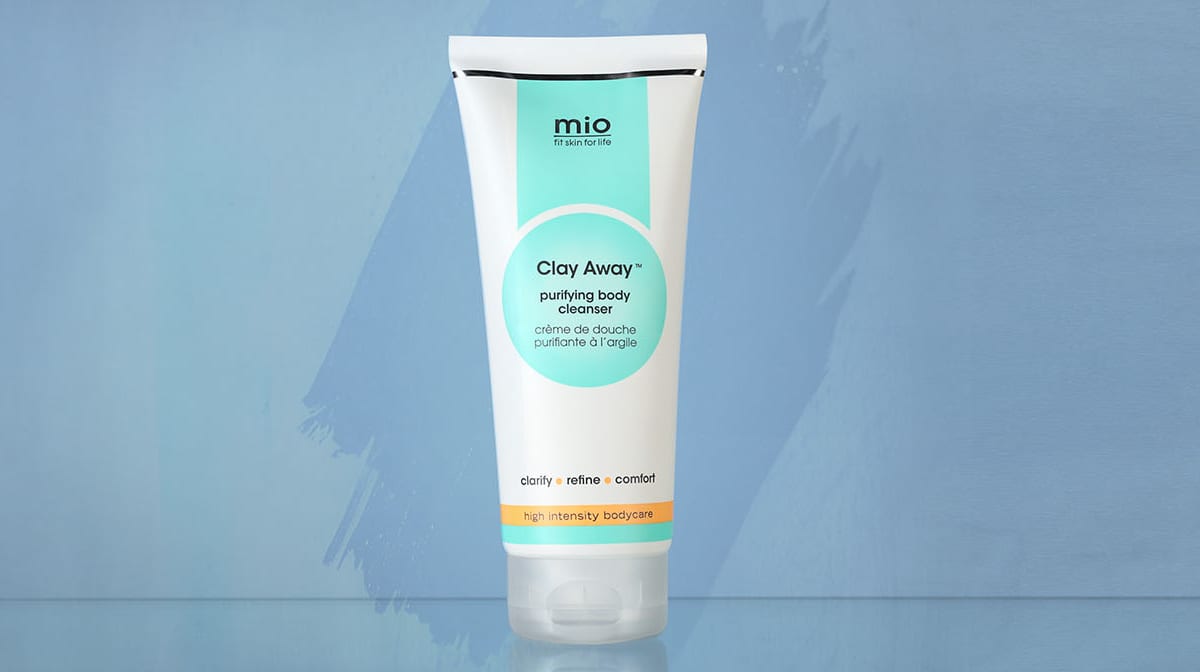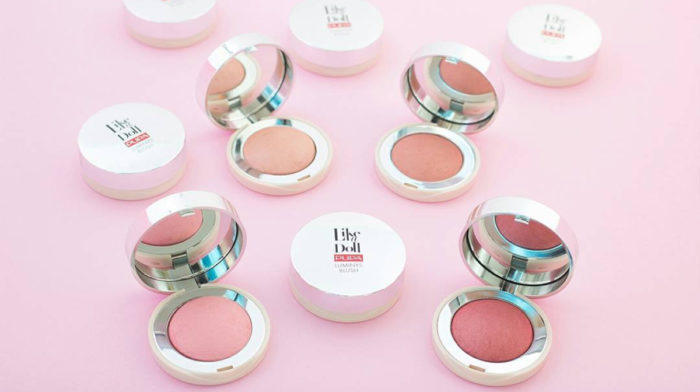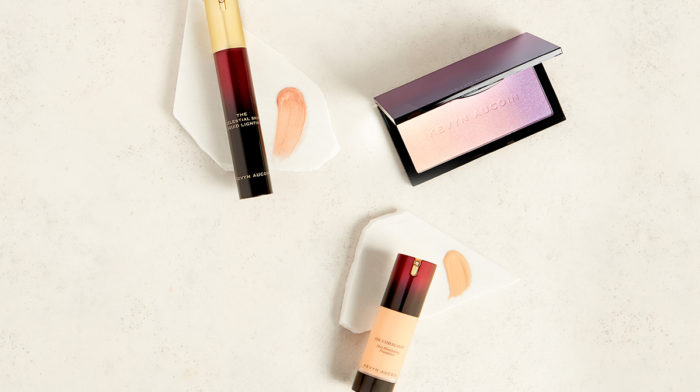Your skin goes through as much in a day as you do. That means, if you spend all day in front of a computer screen – so does your skin. But impact does this have on your complexion? This Autumn we’ve made it our mission as part of our #skinhealth campaign to investigate the impact that your lifestyle has on your skin. In this part of the series, we’re focusing in on HEV light – that’s the light that’s given off from digital devices such as mobiles, tablets and computers. Here’s everything you need to know about HEV light…
What is HEV light?
HEV stands for high-energy visible light. Also known as ‘blue light’ is emitted from technological devices such as mobile phones and computers. In general, HEV refers to higher frequency light i.e light that appears in the violet/blue band from 400 to 450nm in the visible light spectrum.
Speaking to The Guardian, dermatologist and skin cancer specialist Andrew Birnie explains: “HEV is present in daylight, but it’s also emitted by fluorescent lighting and LEDs, including TV screens, smartphones tablets and computers.”
How do UV rays and HEV light affect the skin differently?
Whilst UVB rays penetrate the outer layers of the skin, HEV light, like UVA rays penetrate the deeper levels of the skin (the epidermis). However, whilst UV rays can cause DNA damage which can lead to skin cancer, HEV light is not associated with skin cancer. However, like UV rays, HEV can cause the skin to age prematurely.
Jean-Louis Sebagh, a celebrity cosmetic surgeon and skincare expert, told The Guardian that “HEV can be damaging to the skin as UVA and UVB combined.” Citing a 2013 which was commissioned by the Lipo Chemicals, he said: “the effects of HEV are the same as UVA and UVB damage: uneven pigmentation, premature ageing and impaired barrier function, though of course you wouldn’t get the burning redness that you get from overexposure to the sun.”
Whilst HEV light cannot cause skin cancer, it can cause visible damage to the skin that is similar to the damage causes by UV rays. The effects of HEV light on the skin can include:
- Dryness
- Uneven pigmentation
- Redness
- Sensitivity
- Brown spots
- Inflammation
- Accelerated ageing
How do you protect the skin from HEV light?
Now we know the dangers, what can we do to protect the skin against the effects of HEV light? The good news is, there’s lots of products that help protect against the ageing effects of HEV. Discover our top tips below:
Use skincare products rich in antioxidants
On the light spectrum, HEV light sits in somewhere in between UV rays and infrared radiation. Whilst HEV light doesn’t burn the skin, it does penetrate the dermis and weaken the skin’s collagen and elastin stores. For optimal protection, opt for a serum packed with antioxidants like Vitamin C, Phloretin and Ferulic Acid.
We recommend the following:








